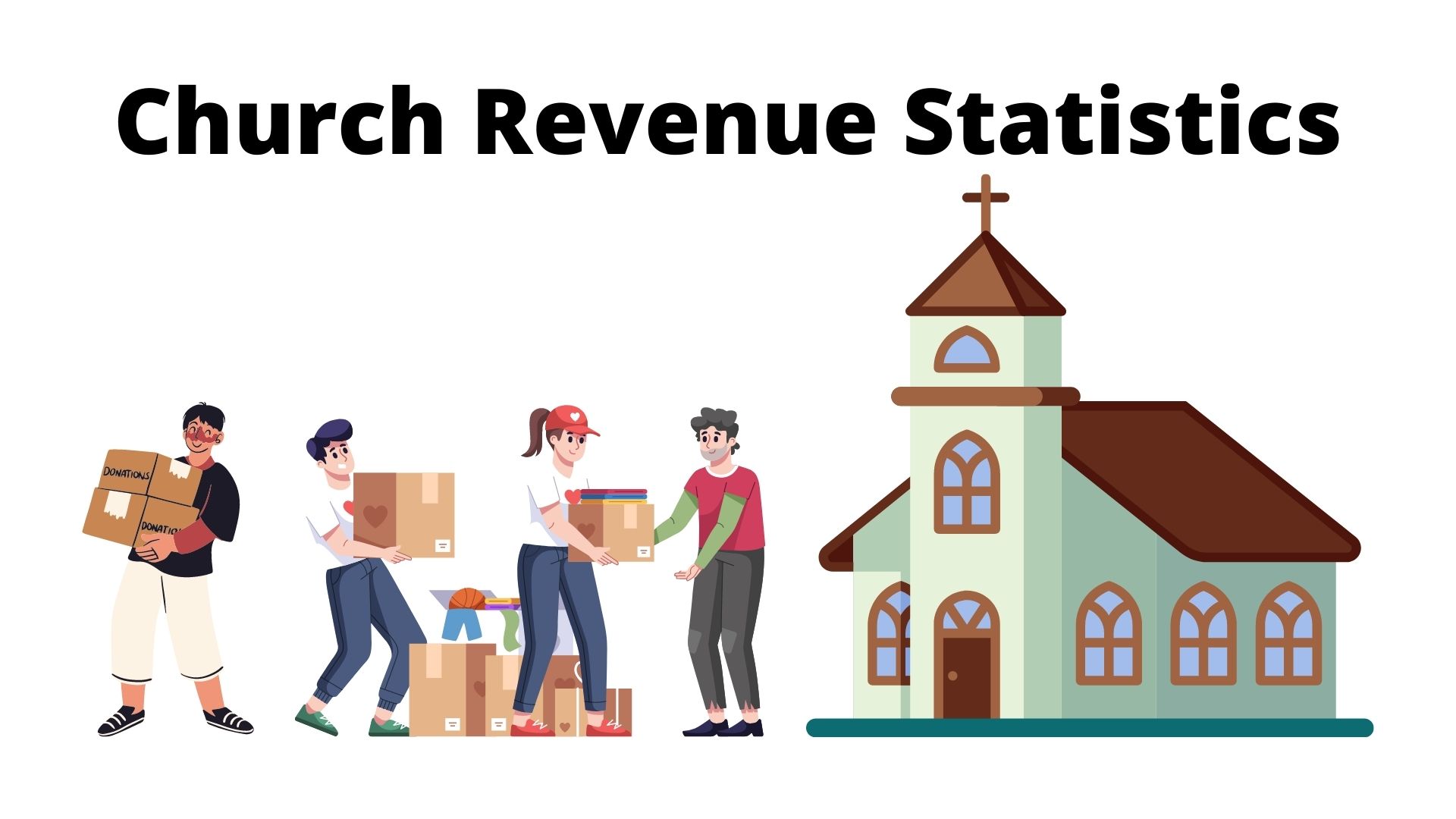Big Tobacco Looks to the Web
R.J. Reynolds Tobacco is taking tentative steps into online marketing, with a customer retention program designed to keep its Doral cigarette brand top-of-mind with consumers — by giving them a discount PC.
Through an agreement with PeoplePC, which sells low-cost PC and Internet access packages on a subscription basis, the nation's No. 2 tobacco giant plans to offer its users hardware and Internet access packages discounted from PeoplePC's usual rates.
The PC offer is to be promoted via ads and e-mail newsletters from SmokersWelcome.com, a community site maintained by R.J. Reynolds. The site itself, designed by Greensboro, N.C.-based ad agency Coyne Beahm, is to be promoted via direct mail and Doral & Co., a quarterly glossy magazine that R.J. Reynolds publishes for its customers.
“The Web site gives the brand another opportunity to interact with the smokers, and this offer is kind of like a value that we're offering to our smokers,” said R.J. Reynolds spokesperson Cassandra Foust. “Reynolds developed the Web site featuring the Doral cigarette brand, and we've teamed up to bring Doral smokers an easy and affordable way to get online. Some of our smokers may not have access to a computer, so we believe this is a great tool.”
Added PeoplePC spokesperson Lisa Murray, “This solution is a smart and cost effective way for any company to empower their constituencies to participate in the digital age and at the same time build deeper longer lasting relationships.”
PeoplePC normally charges $24.95 per month for a Hewlett-Packard PC and four years' worth of Internet access. Through the R.J. Reynolds offer, Doral smokers can get the package for $21.95, or about $144 over the lifetime of the deal.
Still, the two companies are taking efforts to avoid any sense of impropriety. For one thing, spokespeople are quick to point out that the offer and the site are a customer retention, not acquisition, ploy.
“It's really just to give more value to our smokers,” Foust said. “Each year, the Doral brand receives more than a million letters, calls, and e-mails from Doral smokers, and this gives us another opportunity to interact with them. And there's an increased popularity in Web information among all consumers, including adult smokers. The Web is really hot out there now, and this is another way to reach some of those smokers.”
For its part, PeoplePC described the agreement as similar to its work with the American Automobile Association — providing special offers to a club or group of consumers. And it's a “club” mentality that R.J. Reynolds is going for with its SmokersWanted — dubbed as “the One and Only Online Community for Smokers, By Smokers!”
In addition, the companies intentionally have kept the project very low-profile — introducing SmokersWelcome.com earlier this year to little fanfare.
Furthermore, R.J. Reynolds posts the same government-mandated health information from its cigarette packages on each page of its site, and requires that users submit their credit card number for registration or provide some other form of legal age identification.
Reynolds' cautious efforts come amid continued — and in some cases, escalating — scrutiny by state and federal authorities of product marketing by the major tobacco manufacturers, following 1998's multi-billion class action suit. With tight marketing restrictions offline — including the 31-year-old ban on television and radio advertising — it's no wonder, then, that Big Tobacco is looking elsewhere.
A push by the major tobacco producers to expand their marketing channels would coincide neatly with the current needs of sellers of Web advertising and marketing services, who are struggling to cope with the protracted downturn in online ad spending.
And they've already shown a willingness to work with controversial partners. In increasing numbers, online ad sellers have begin turning to deep-pocketed advertisers like casinos and alcohol producers, once considered largely taboo. Web portal Yahoo!, very briefly, even dabbled in sales of pornography, also running porn-related ads.
The effort wouldn't be the first online marketing foray for Big Tobacco. In late 1997, for instance, Brown & Williamson Tobacco ran Lucky Strike print ads in San Francisco that promoted CircuitBreak.com, a smoking-related online magazine and entertainment guide funded by the company.
Still, online efforts for tobacco products have generally been focused on keeping the door open for e-tailers to sell cigarettes — a hot topic for state and federal regulators, since online sellers need not charge so-called “sin” taxes, which can elevate the price of cigarettes up to more than 30 percent. Earlier this year, Brown & Williamson successfully sued to have a New York State injunction lifted against mail-order, telephone and online sales of cigarettes.

